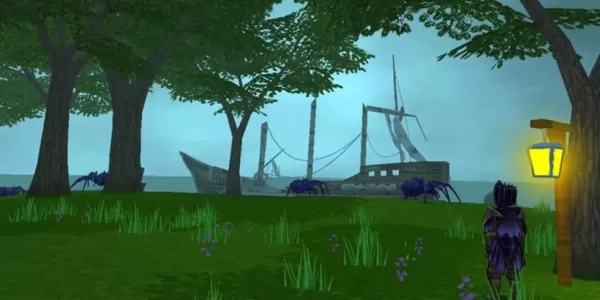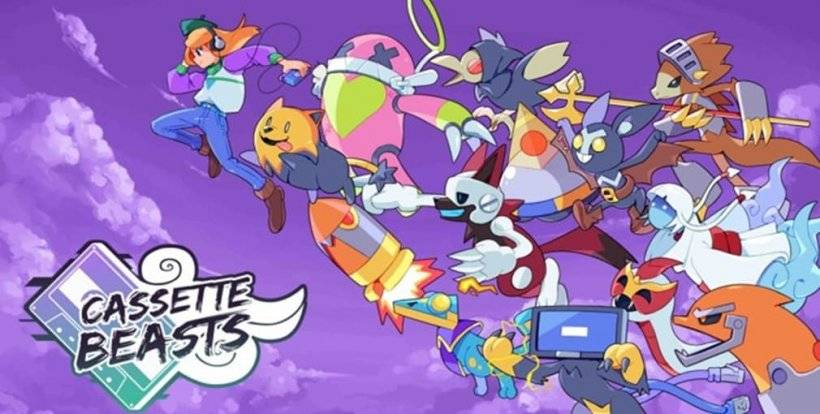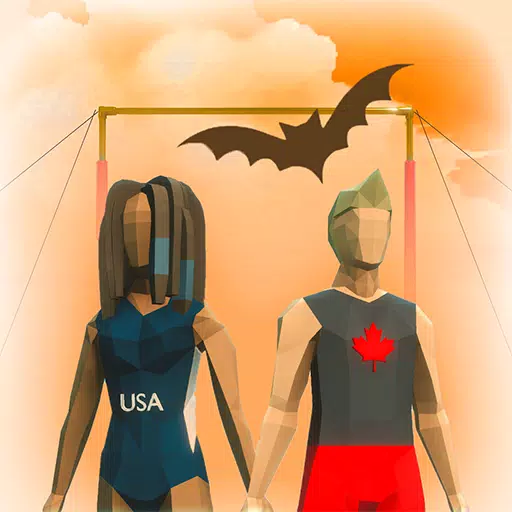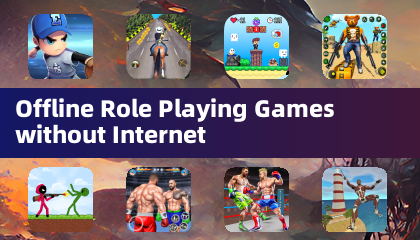NetEase's Marvel Rivals has proven to be an undeniable success, amassing an impressive ten million players within just three days of its launch and generating substantial revenue for the developer in the subsequent weeks. However, a recent report from Bloomberg reveals that NetEase CEO and founder William Ding nearly pulled the plug on the game due to his hesitance to utilize licensed intellectual property.
According to Bloomberg, Ding is currently engaged in a strategic overhaul of NetEase, aiming to streamline the company's operations. This involves significant job cuts, the closure of studios, and a cessation of overseas investments. The overarching goal is to create a leaner, more focused portfolio to counteract recent declines in growth and to better compete with industry giants like Tencent and MiHoYo.
Bloomberg's report indicates that the downsizing efforts almost led to the cancellation of Marvel Rivals. Sources reveal that Ding was reluctant to pay for the use of licensed Marvel characters, attempting instead to convince artists to develop original designs. The attempted cancellation reportedly cost NetEase millions, but fortunately, the game was released to its current acclaim.
Despite the success of Marvel Rivals, NetEase's restructuring continues. Just this week, the Marvel Rivals team in Seattle was laid off, with the company citing "organizational reasons." Over the past year, Ding has also stopped investing in overseas projects, having previously supported studios like Bungie, Devolver Digital, and Blizzard Entertainment. The report suggests Ding's belief that games failing to generate hundreds of millions annually are not worth the company's investment, although a NetEase spokesperson clarified to Bloomberg that they do not set "arbitrary blanket numbers" for evaluating new game viability.
Bloomberg's interviews with NetEase employees also shed light on internal challenges, highlighting Ding's unpredictable leadership style. Employees describe Ding as quick to make decisions and frequently changing his mind, pressuring staff to work long hours, and recently appointing numerous recent graduates to key leadership positions. Additionally, Ding's frequent project cancellations have raised concerns that NetEase may not release any new games in China next year.
NetEase's retreat from game investments coincides with a period of uncertainty within the global gaming industry, particularly in Western markets. The industry has faced consecutive years of widespread layoffs, project cancellations, and studio closures, compounded by the underperformance of several high-cost, high-profile games despite significant company expectations.






























